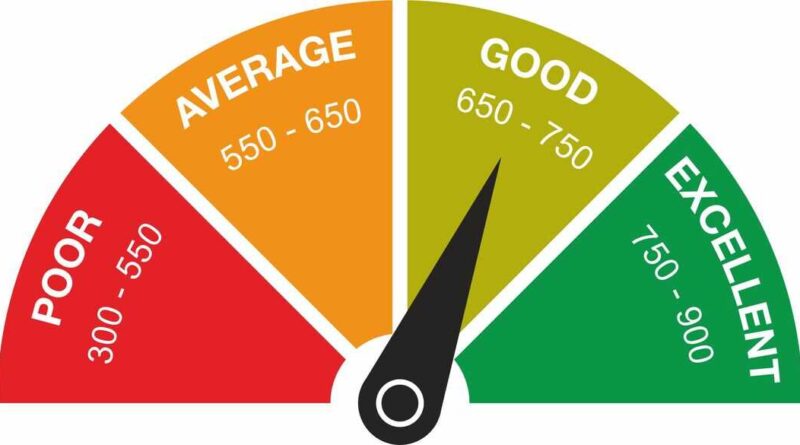Credit Scores Explained: What Affects Them and Why They Matter
Credit scores are an integral component of financial health and significantly influence the access and conditions of lending opportunities. Deciphering what constitutes a credit score, understanding how they are affected, and comprehending their significance is paramount to the effective management of personal finances.
Understanding Credit Scores
What is a Credit Score?
A credit score, in the most unambiguous terms, is a numeric expression that lenders use to evaluate an individual’s creditworthiness. It’s a financial report card that reflects how you’ve handled credit in the past. Financial institutions, particularly lenders and credit agencies, utilize these scores to ascertain the potential risk posed by lending money to consumers.
Role of CIBIL in Credit Scores
In countries like India, Credit Information Bureau (India) Limited (CIBIL) is the agency responsible for generating credit scores. The bureau follows standard procedures for score calculation and allows individuals to check their score by facilitating a CIBIL login.
Factors That Affect Credit Scores
Payment History
Payment history is one of the primary constituents of credit score calculations. Delays or lapses in payment of bills, loans, or credit card dues can negatively influence credit scores. On the other hand, timely and consistent payments bolster credit scores.
Credit Utilization Ratio
The Credit Utilization Ratio, which refers to the amount of credit the consumer is using relative to their credit limit, is another significant contributor. High utilization may be construed as a reliance on borrowed money, implying financial instability and thus adversely affecting credit scores.
Length of Credit History
The length of credit history also affects your score. If you’ve been a responsible credit user for a longer duration, it usually leads to a higher credit score.
Type of Credit
The type of credit can influence the scores too. A healthy mix of secured (like home loans or auto loans) and unsecured (like credit cards) credit often means a higher credit score.
Credit Inquiries
Lastly, the number of credit inquiries on your account comes into play. Every time you apply for new credit, an inquiry is made on your credit report. Several inquiries suggest credit susceptibility and hence may reduce your credit score.
Importance of Monitoring Credit Scores
Regular Monitoring
The way to a positive credit future is through understanding these factors and making informed credit decisions. Regular use of the CIBIL login to check and monitor credit scores can help you balance these factors better.
Why Credit Scores Matter
The most observable reason is that credit scores influence the prospects and conditions of receiving loans or credit cards. A high credit score may enable you to have lower interest rates and better terms for your loans, especially when dealing with financial institutions like Bajaj Finserv. Moreover, you may qualify for higher credit limits. A low score can potentially lead to loan applications being rejected or approved with higher interest rates.
Impact on Insurance Premiums
Credit scores often determine insurance premiums. Insurance companies consider individuals with lower credit scores as potential high-risk customers leading to higher premiums.
Influence on Employability
In some cases, employers may also check credit scores during the hiring process. A bad credit score may impact employability, particularly for jobs that require financial management or access to cash.
Conclusion: The Importance of Understanding and Maintaining Credit Scores
Credit scores play a defining role in financial stability and open doors to various opportunities. Financial literacy must entail comprehensive knowledge about credit scores, right from understanding the effects, making informed choices, to regulating them. Initiatives like the CIBIL login that provide easy access to credit scores are pivotal in fostering such literacy.
Conclusively, credit scores are not just numbers. Much akin to a financial GPS, they provide direction, stability, and access in the vast landscape of financial opportunities. Therefore, understanding and maintaining credit scores is not just advisable; it is indispensable.

